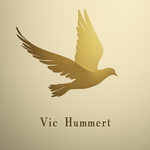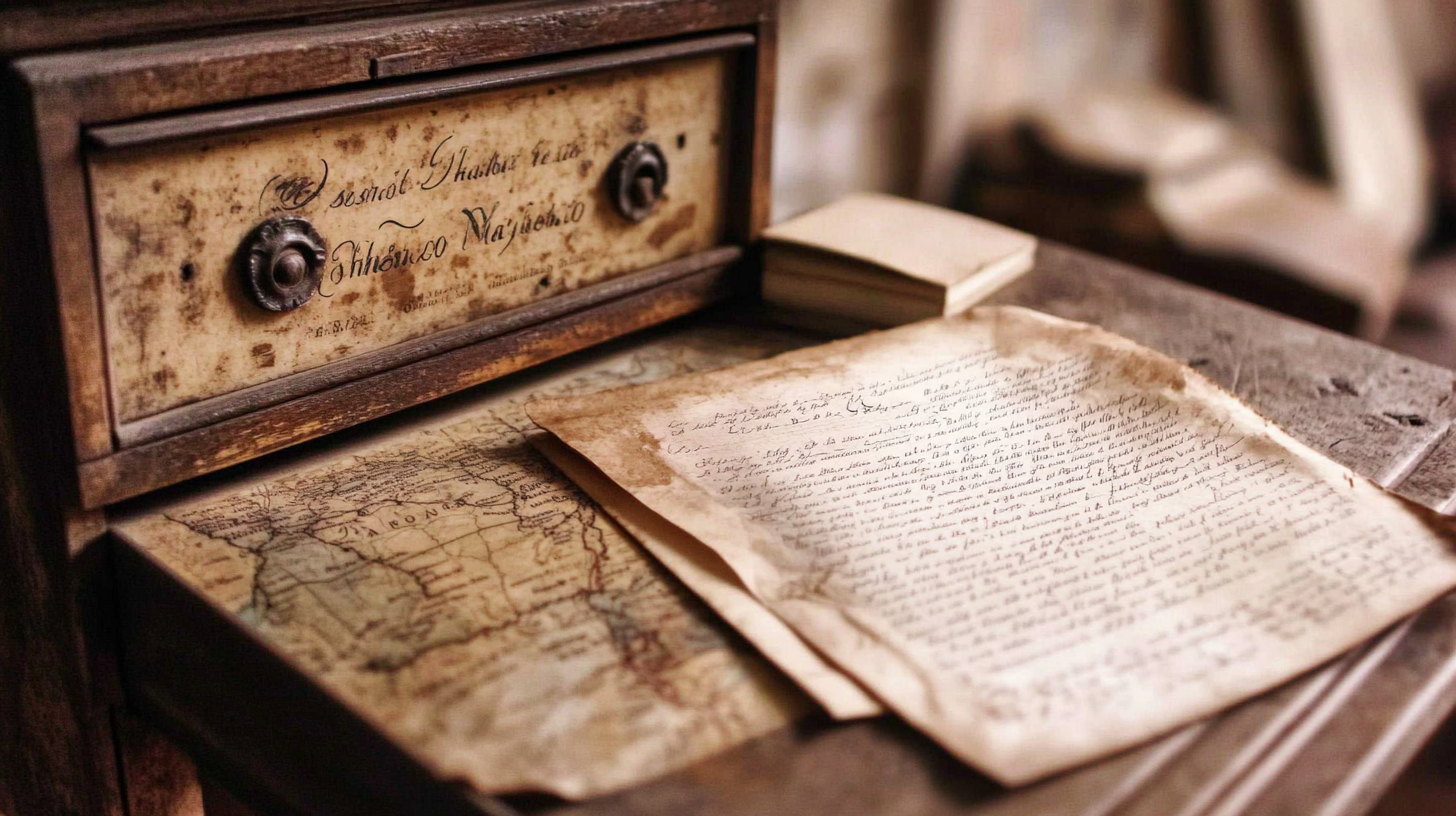From elementary education onwards we learned history of slavery, the Dred Scott decision and war between the states. No war is “civil” from a moral viewpoint.
Not until I began Peace and Global Studies at Earlham, a Quaker college in Richmond, Indiana in 1982 did I hear of the Ostend Manifesto. For those with a burning interest, more details can be found in research on the Internet, or history books about Cuba.
When it became apparent that slavery would cease in the United States, there was an emotional reaction to loss of the practice in enslaving other humans for economic gain. Early US presidents owned slaves and some were fathers of children born from such clandestine alliances between powerful slave owners and their subjects. History with a sexual twist bubbles to the surface of our awareness. Trysts of US presidents are common knowledge.
A group of pro-slavery senators met in Ostend, Belgium in 1864 to consider economic ramifications following the dissolution of slavery. These elected officials proposed Cuba as a “depository” where slavery would continue. First, the United States would offer to buy Cuba from Spain in order to transfer the system to an island less than 100 miles from Florida for “saving” slavery.
If Spain refused to sell Cuba, then the US would simply take the island by force.
News of this “Manifesto” drawn up in Ostend reached writers of THE FREE SOIL PRESS in the US. Secretary of State, Frank Marcy was stunned to learn of the plot and immediately denounced the plan.
History can be hidden, twisted, erased, but never completely eliminated.
Cubans knew more about our history than I did.
When invited to teach English in an ecumenical seminary located in Matanzas, north of Havana, I discovered the pain associated with an embargo of a very poor nation. Breakfast was a cup of hot chocolate plus a biscuit. When I went to the seminary library to get a piece of paper to write my family, the librarian reached into her desk drawer for one piece of paper. When I requested an envelope, she asked, “Oh, you want an envelope also?” I was given just one envelope.
That library encounter helps me appreciate paper in a way never to be forgotten, along with the Ostend Manifesto.

